On June 21st this year, the Vietnamese press proudly and emotionally celebrated the centenary of the founding of Thanh Nien Newspaper. The newspaper was the voice of the Vietnam Revolutionary Youth League, the most important precursor organization of our Party. The first issue was published on June 21, 1925, and has been published regularly every week since then. The editor-in-chief and founder of the newspaper was Nguyen Ai Quoc - Ho Chi Minh, a brilliant leader and world cultural figure. From him "radiated a culture of the future."
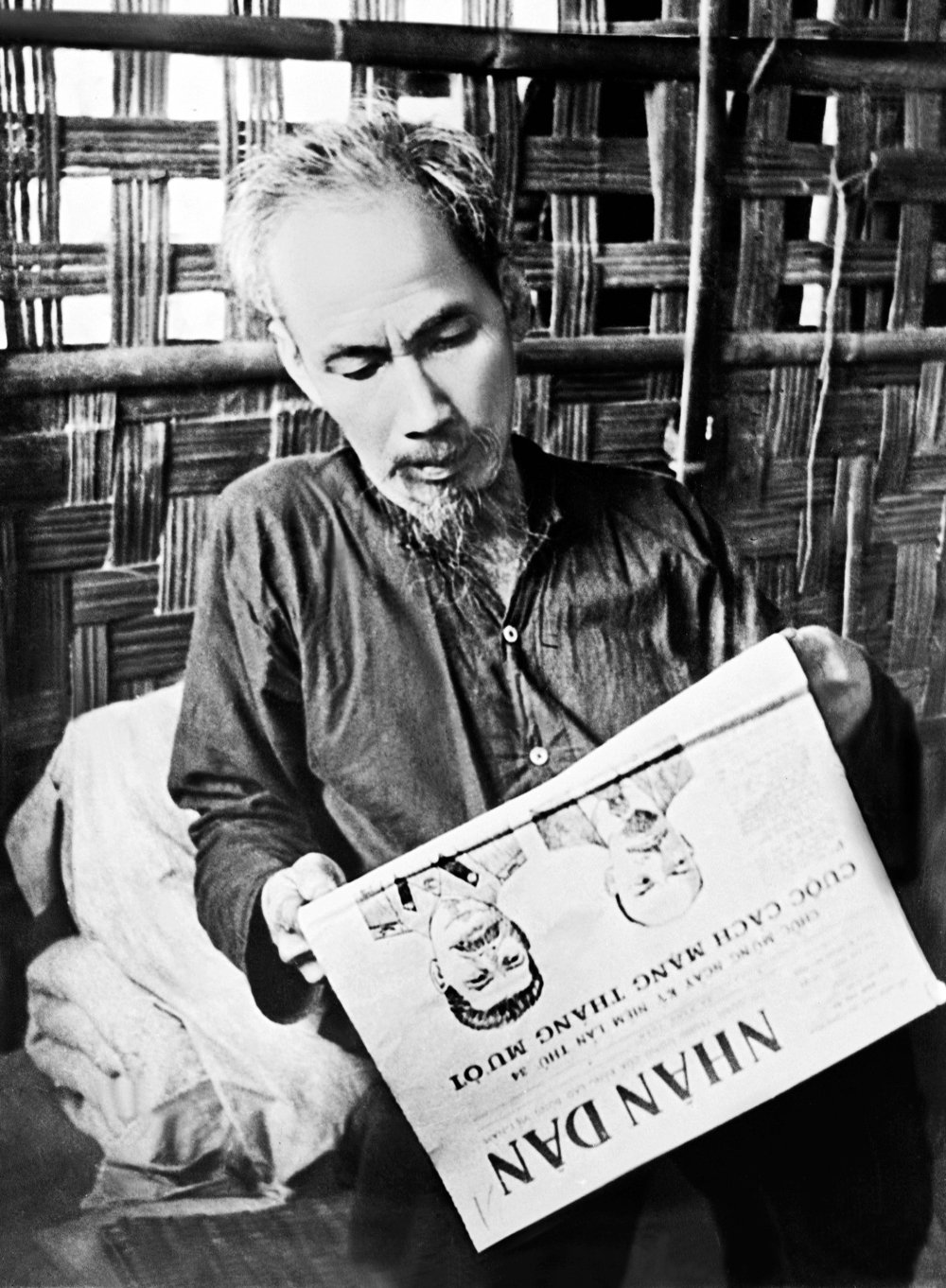 |
Uncle Ho reading the Nhan Dan newspaper. Archival photo. |
Generations of Vietnamese journalists have witnessed, day by day, the miraculous wings of science and technology carrying humanity to distant, new horizons—something that was once only a dream. A bright future and a great mission demand further innovation, streamlining, and greater efficiency, to live up to the standards of a professional, humane, and modern press; and to ensure that journalists live up to the title society bestows upon them: "those who steer the ship of truth."
For nearly 40 years, in the process of national renewal initiated and led by our Party, the Vietnamese press has increasingly affirmed its pioneering role and demonstrated the professional maturity and political acumen of its journalists. They have truly engaged responsibly and immersed themselves in social life, condemning negative behaviors, relentlessly fighting corruption, waste, and erroneous and hostile viewpoints. At the same time, they have leveraged the strengths of each newspaper, spreading positive values, new models, good initiatives, and ordinary role models in everyday life.
Since the 10th Central Committee Conference (September 1924), the press has vividly and widely conveyed major strategic policies and guidelines, acting as a manifesto for implementation in the new period. This is a particularly important milestone marking a period of rapid and sustainable development, opening a new era, an era of the Vietnamese nation's upward progress.
There are many things to worry about, many things to think about. The rich and engaging topics will be both opportunities and "tests" for each media organization and journalist: the revolution to streamline the political system for greater effectiveness and efficiency; promoting the development of science, technology, innovation, and national digital transformation; the promising strategy for the private sector to break free from constraints and thrive; and the work of building and enforcing laws, considered a "breakthrough of breakthroughs" in perfecting the institutional framework for national development. It's called a "test" because each media organization must focus on disseminating new and unprecedented content, while simultaneously providing information, commentary, and promoting its image using the most advanced technologies, thereby producing diverse and engaging works that meet the increasingly high demands of readers.
With the goal of having 100% of Vietnamese media outlets deliver content to digital platforms by 2030, prioritizing domestic platforms, we are gradually reorganizing and operating a converged newsroom model and other models suitable for the development of advanced science and technology. The public has become accustomed to seeing reporters not only specializing in photography, videography, or writing news articles, but also capable of reading, editing, or at least creating rough drafts. This versatility allows the press to provide information more quickly and with greater appeal.
Whether journalism leans towards contemplative reflection and profound philosophical insights, or it's a race against time to keep up with every news item online, integrity, knowledge, competence, and professional ethics remain constant requirements. Journalists must always be at the forefront of news, accepting hardship and sacrifice to be worthy of their role as contemporary historians. Their entire lives are dedicated, like bees making honey, to writing about the truth, the new, and the exemplary.
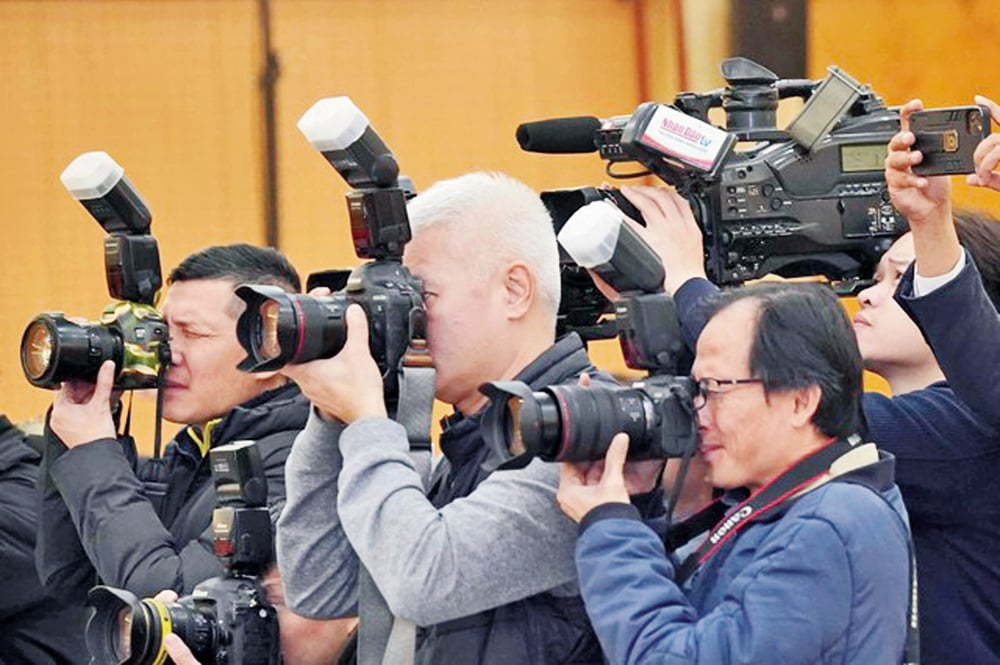 |
The press continues to fulfill its mission as a "storyteller of the revolution". |
President Ho Chi Minh often reminded us that the primary subject matter for writers should be "what we see and hear." This means that journalistic writing must first and foremost be truthful, stemming from real-life events and facts that have been verified and selected. Truth is both the strength of a work and the measure of the ethics of a genuine journalist. As for novelty in journalism, it's primarily about what has just happened, what's hot and competitive every minute. The Pulitzer Prize for journalism in 2025, announced in early May, featured many fiercely debated articles from prominent writers.
Incisive analyses of the Middle East conflict, the Russia-Ukraine conflict, the Pakistan-India conflict, and pressing social issues—from the fentanyl crisis (a highly toxic drug also known as the "zombie drug"), to the hidden aspects of US military operations and the attempted assassination of US President Donald Trump—have propelled the New York Times and The New Yorker to the top of the list for the world's most prestigious journalism awards. What can we learn from this? Perhaps it's the style of in-depth investigation, sharp analysis, and frank commentary? These commentators not only provide information but also raise questions, spark debate, and explore the root of issues.
Regarding the promotion of exemplary individuals, there are opinions that this method is no longer suitable in a market economy. Everywhere you look, you see a fear of responsibility, a tendency to pass the buck, and avoidance; everyone is dissatisfied, yet everyone raises their hand in agreement (!). How can there be motivation, how can there be exemplary individuals? How can you promote an entire series of articles about an advanced exemplary individual like in the "old days"? The point is, in the era of globalization, international integration, and the Fourth Industrial Revolution, many exemplary individuals and groups have emerged – people of today. Journalists with discerning eyes can discover new talents from their budding stages, not waiting until they grow into trees, bloom, and bear fruit.
| Having accompanied the nation for a century, journalists today are fortunate and honored to continue "telling the story of the revolution" in this new era. Enormous opportunities and challenges lie ahead, demanding even greater innovation and progress. This innovation lies not only in applying advanced technology to journalistic processes, but also in exploring, experimenting with, and exploiting new topics to truthfully and profoundly reflect the pressing issues of society. |
Amidst the fervent love and passion, distractions and fleeting sadness are unavoidable. Before us lie many deep trenches cutting our way, obstacles blocking our path, and countless unspoken feelings and thoughts. Many newspapers have been merged or dissolved. A drastic reduction in the number of media outlets is necessary, because each journalist is not merely an observer, a spectator, but more than that, a living note in the national symphony. But there's another point. Journalism is a unique profession, marked by individual creativity and talent; not everyone can become a good journalist. Now that the newspaper is gone, where will they go, what will they do, and can they replace their strengths with weaknesses? "When the water rises, don't worry, the weeds will float," colleagues advise each other. Or, going further, a veteran journalist recalls the sentiment of an English historian: "Hundreds of people can overcome hardship, but very few can overcome abundance." Perhaps it is during the most difficult times that true character and talent shine brightest.
Then there are the financial matters, dealing with distribution, finding advertising, and organizing events. No matter how difficult it is, we must avoid commercialization, which has even led to some managers, reporters, and staff being prosecuted for threatening and extorting property from individuals and businesses. "When you fall, don't blame the foundation," the lesson of maintaining professional integrity and journalistic ethics must be reminded more than ever, especially at this time.
Having accompanied the nation for a century, journalists today are fortunate and honored to continue "telling the story of the revolution" in a new era. Enormous opportunities and challenges lie ahead, demanding even greater innovation and progress. This innovation lies not only in applying advanced technology to journalistic processes, but also in exploring, experimenting with, and exploiting new topics and unique aspects of our culture, in order to truthfully and profoundly reflect the pressing issues of society. At this moment, the words of President Ho Chi Minh – the great teacher of Vietnamese revolutionary journalism – resonate in our minds: To successfully fulfill their duties, journalists "must strive to study politics, raise their ideological level, and firmly stand on the proletarian class standpoint; they must raise their cultural level and delve deeply into their profession. They must always strive, and with striving, success is certain."
Source: https://baobacgiang.vn/nhung-nguoi-ke-chuyen-cach-mang--postid420270.bbg



![[Photo] General Secretary To Lam working with the Central Inspection Committee](https://vphoto.vietnam.vn/thumb/1200x675/vietnam/resource/IMAGE/2026/03/05/1772718314670_a1-bnd-8682-5192-jpg.webp)


![[Photo] Prime Minister Pham Minh Chinh receives the Minister of Emergency Situations of the Russian Federation.](https://vphoto.vietnam.vn/thumb/1200x675/vietnam/resource/IMAGE/2026/03/05/1772712011395_ndo_br_thiet-ke-chua-co-ten-76-png.webp)



























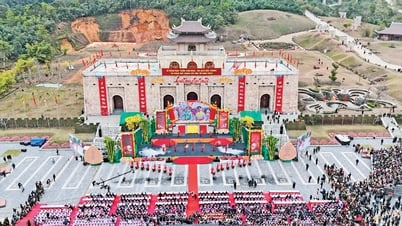
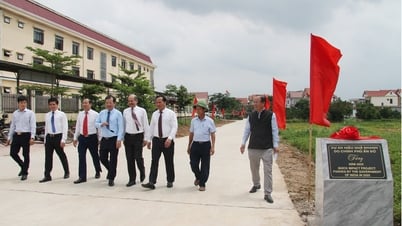

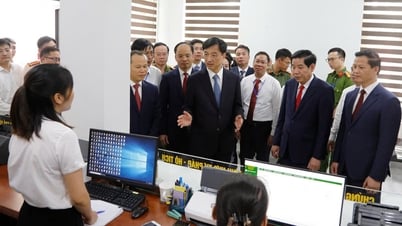








































































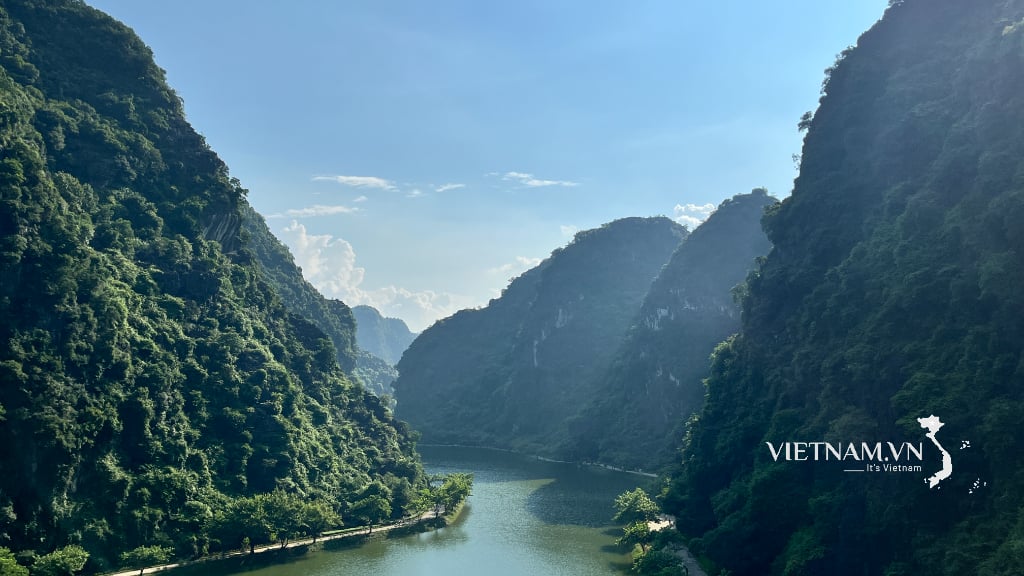
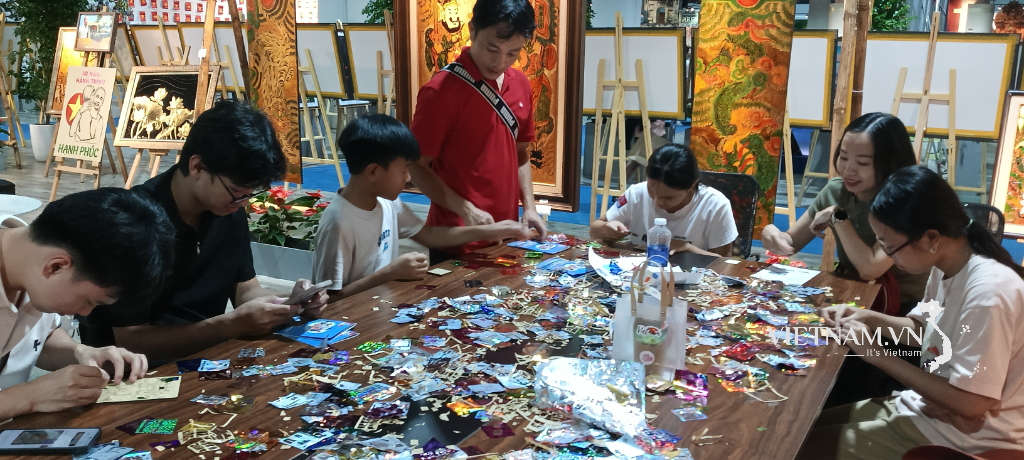

Comment (0)